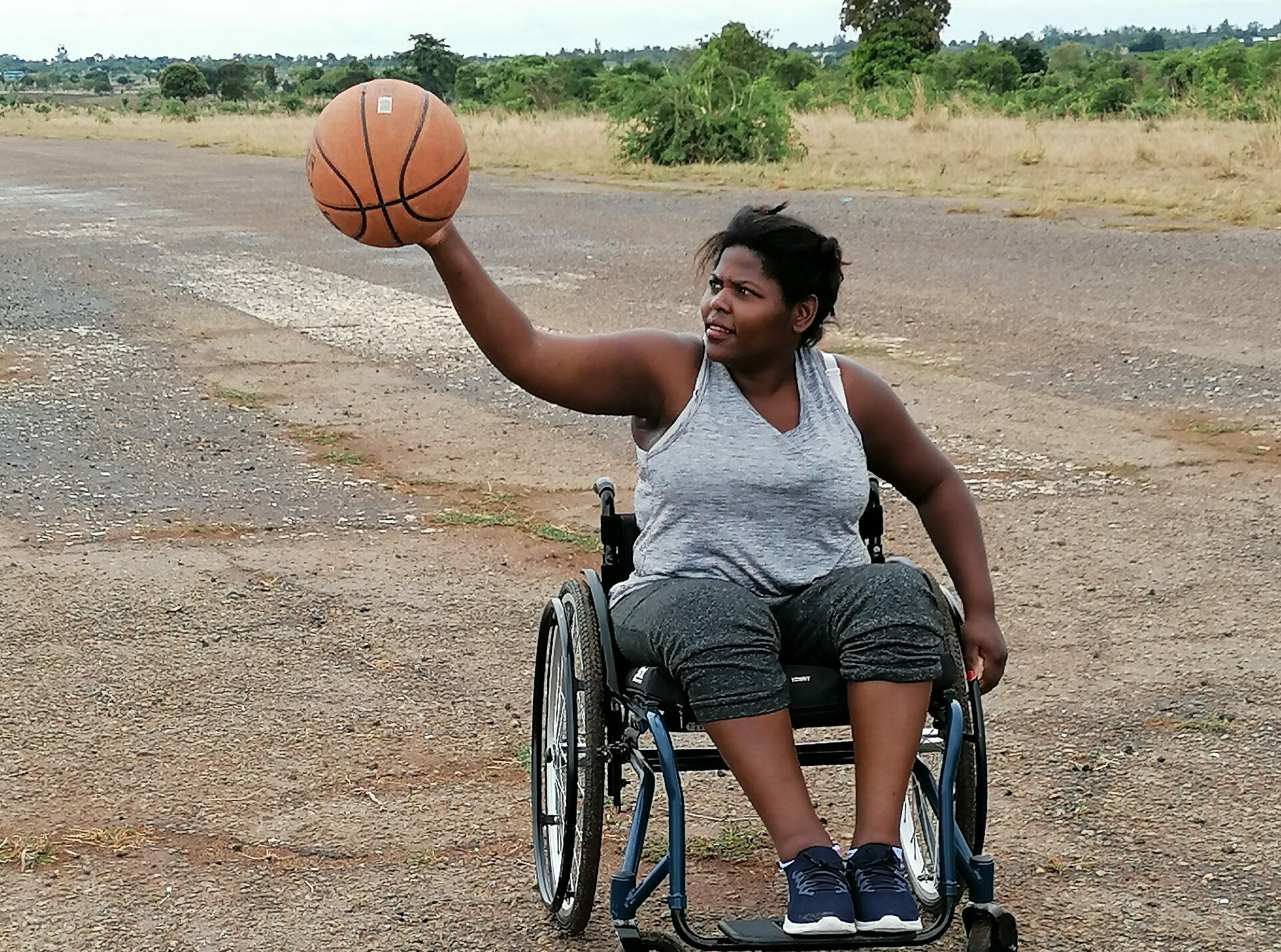
News
Data Driven
Play audio version
A Fellow and Mentor Team Up to Tell New Kinds of Stories
October 14, 2021
Julie-Marie Chibekete wants to learn from others. It’s one of the many reasons that she applied to be a fellow with the Disability Justice Project (DJP). As a disability rights advocate in Malawi, Chibekete is looking forward to connecting with other DJP fellows and with her mentor. She wants to gain knowledge that will help support her work. “I want to see how people are implementing things in other countries,” she says. Her mentor, Rahul Bhargava, an assistant professor in Northeastern University’s College of Arts, Media, and Design, is hoping for the same. “I’m interested in meeting someone interesting, but also being exposed to a different way of seeing,” he says.
Chibekete is from Malawi, where she received her Bachelor of Arts degree from Chancellor College: University of Malawi. She studied theatre for development and drama before pursuing her Master of Science in transformative community development at Mzuzu University. In 2018, she was involved in a car accident that resulted in a permanent spine injury and a broken vertebra. Her doctor referred her to the Spinal Injuries Association of Malawi (SIAM), where she connected with other spinal injury survivors. Soon, she began peer mentoring and advocating for SIAM. Today, she facilitates survivor support groups and is part of a task force reevaluating SIAM’s strategic priorities for the next few years. “We’re trying to strategize so that we can support more people,” she says. “We are trying to voice our concerns that we as disabled people have and demand our rights to the authorities…We are humans, too.”
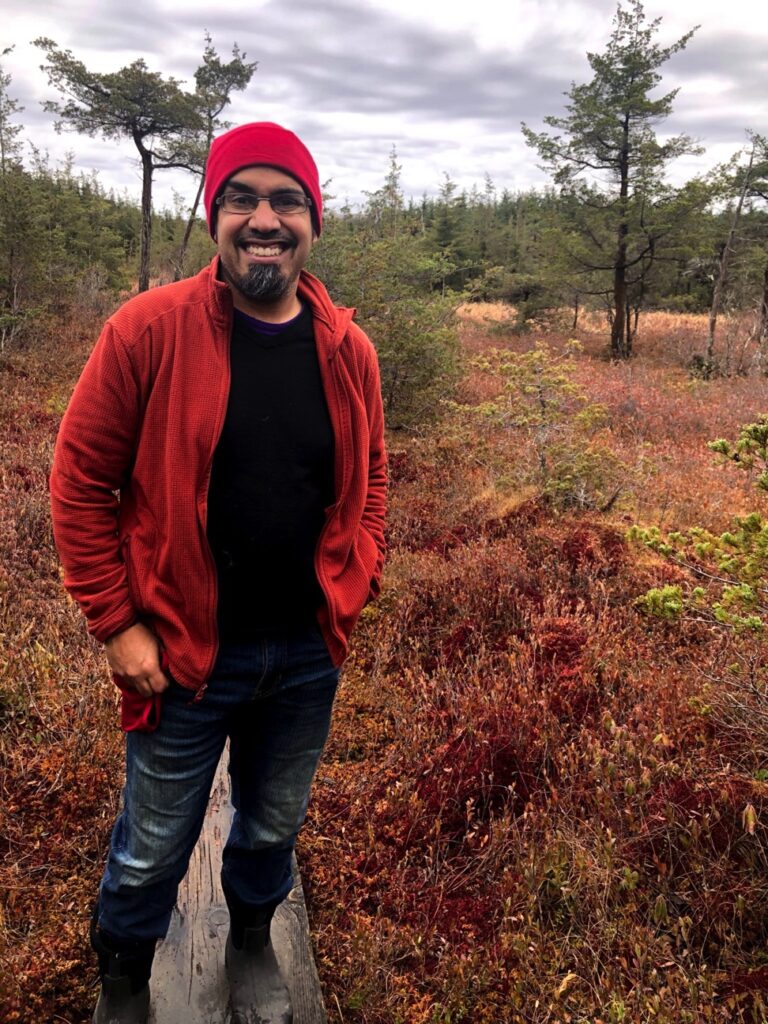
Chibekete is a go-getter who wants to enact change in her country – and for the members of SIAM. She’s hoping to learn skills pertaining to data and digital storytelling to bring awareness to her organization. She wants to focus on accessibility rights for those with spinal injuries and to lobby the Malawian government to support those efforts. Her mentor, Bhargava, knows a little something about data storytelling as a civic engagement tool. His first exposure to data storytelling for change was through his wife, Emily Bhargava. She is the director of the Connection Lab, which takes a participatory approach to health promotion and data literacy. Rahul was tasked with taking data from different groups in the public health sector and translating that into more digestible formats for the general population. Using more than just scatter plots, he led a training on data storytelling and hasn’t looked back.
With a background in data education and literacy, Bhargava is focused on creating ways of communicating data, like a budget report prepared for the US Senate, in more understandable and engaging ways. Rather than showing an overwhelming amount of statistics on a white page, he uses his eye for design to craft numbers into a story that people will want to read and, eventually, understand: “We have to be sure that subsets of the population can speak the language of data. Otherwise, it’s a disempowering democratic process. I got excited and interested in the idea of helping people with data and power communicate in more natural ways, especially in civic domains, such as government.”
In addition to his background in education and technology, Bhargava is motivated by public interest journalism and is excited to bring that work to the Disability Justice Project. He wants to support fellows, especially Chibekete, to use the technical skills they gain for their causes, as power and representation are at the core of his own journalistic endeavors. “If you can tell a strong story, that’s a super powerful life skill for anybody…no matter what domain you’re in, no matter what your abilities are,” he says. “And that takes you places.”
News From the Global Frontlines of Disability Justice
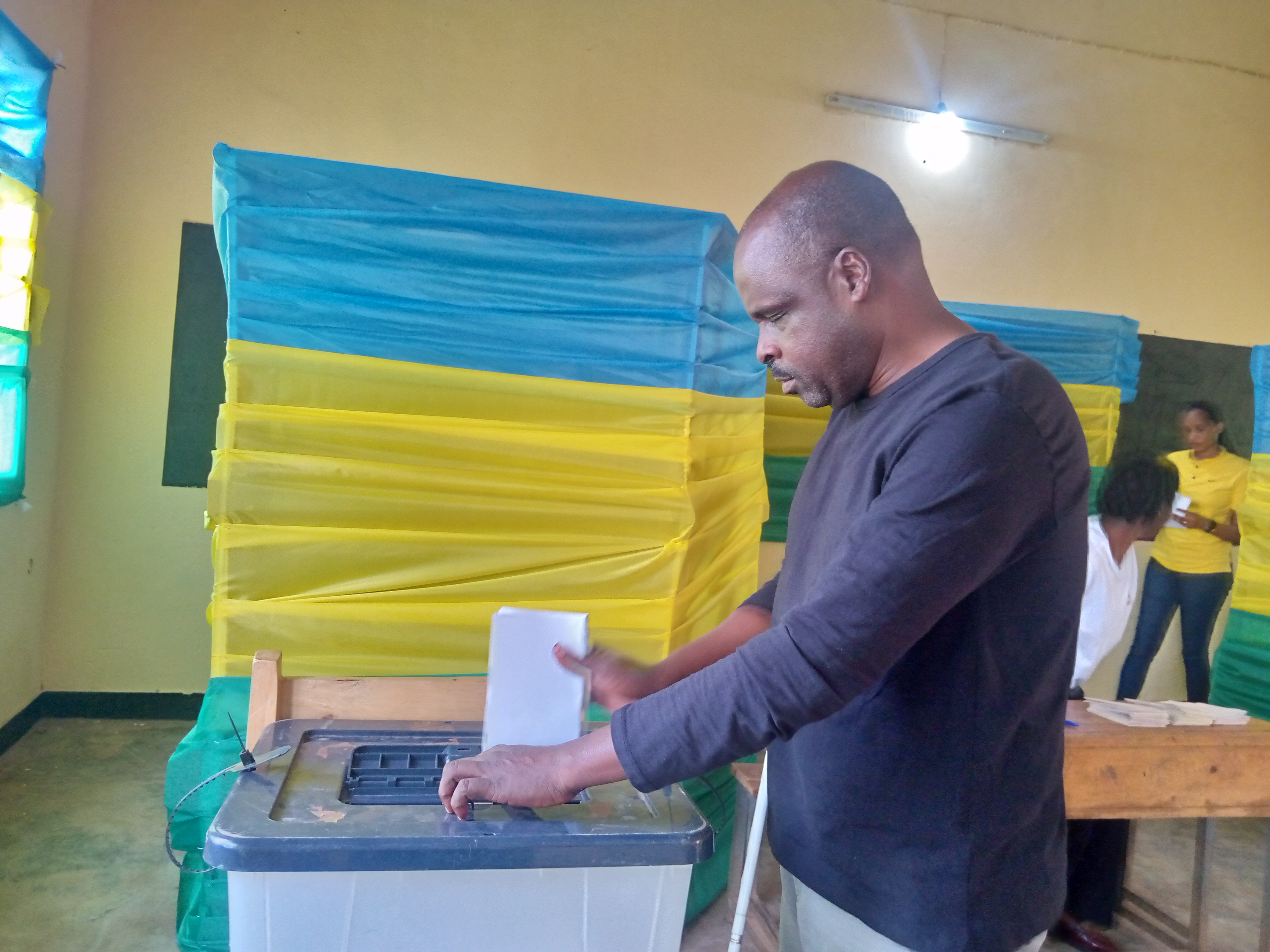
Advancing Democracy
Rwanda has made significant progress in making its elections more accessible, highlighted by the July 15 general elections where notable accommodations were provided. This was a major step forward in disabled Rwandans’ quest for equal rights and participation. “You cannot imagine how happy I am, for I have voted by myself and privately as others do accessibly,” says Jean Marie Vianney Mukeshimana, who used a Braille voting slate for the first time. “Voting is a deeply emotional and meaningful experience for a person with any disability in Rwanda, reflecting a blend of pride, empowerment, and hope.”
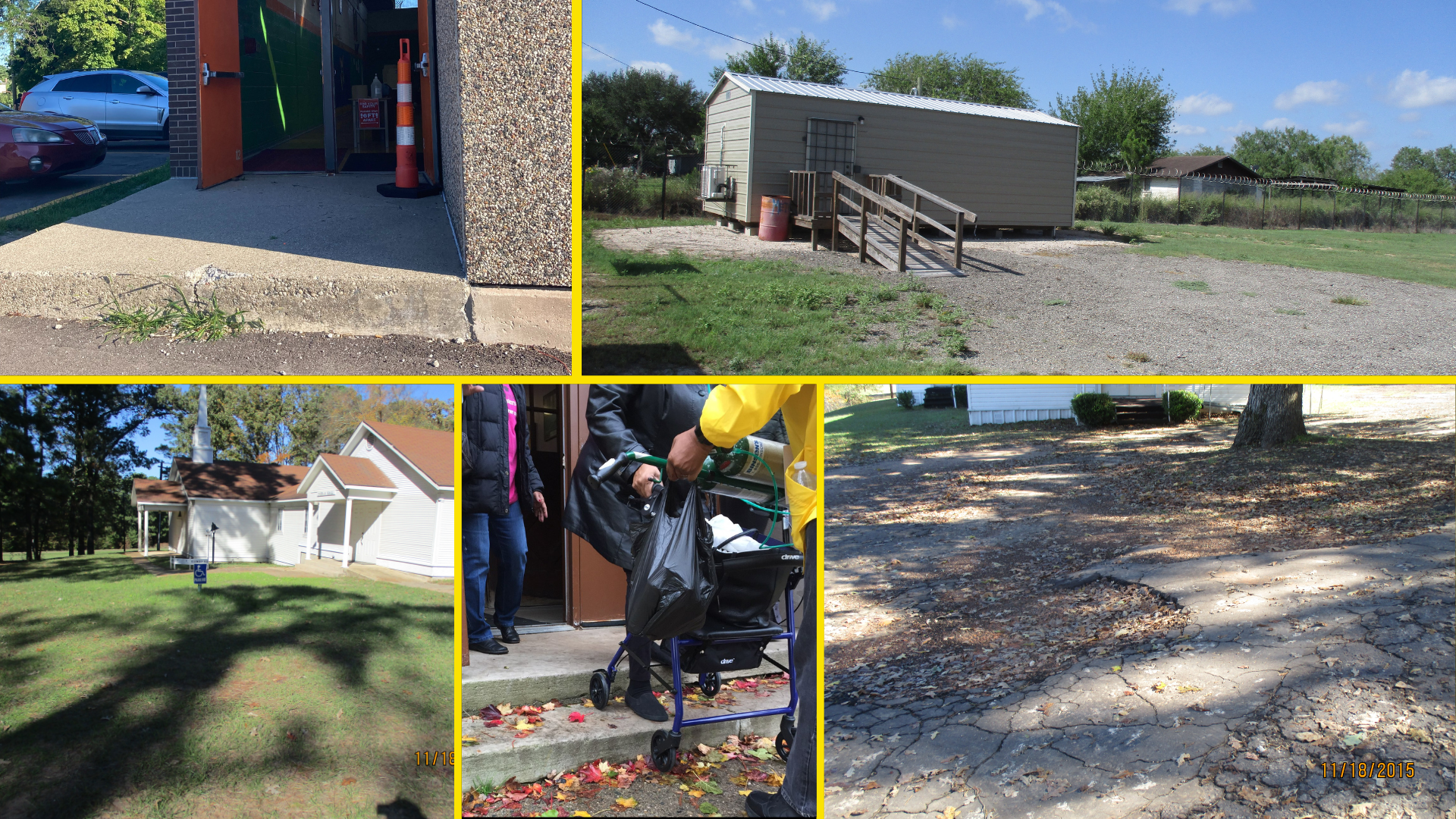
Barriers to the Ballot
Despite legislation like the Americans with Disabilities Act, barriers at the polls still hinder — and often prevent — people with disabilities from voting. New restrictive laws in some states, such as criminalizing assistance with voting, exacerbate these issues. Advocacy groups continue to fight for improved accessibility and increased voter turnout among disabled individuals, emphasizing the need for multiple voting options to accommodate diverse needs. ““Of course, we want to vote,” says Claire Stanley with the American Council of the Blind, “but if you can’t, you can’t.”
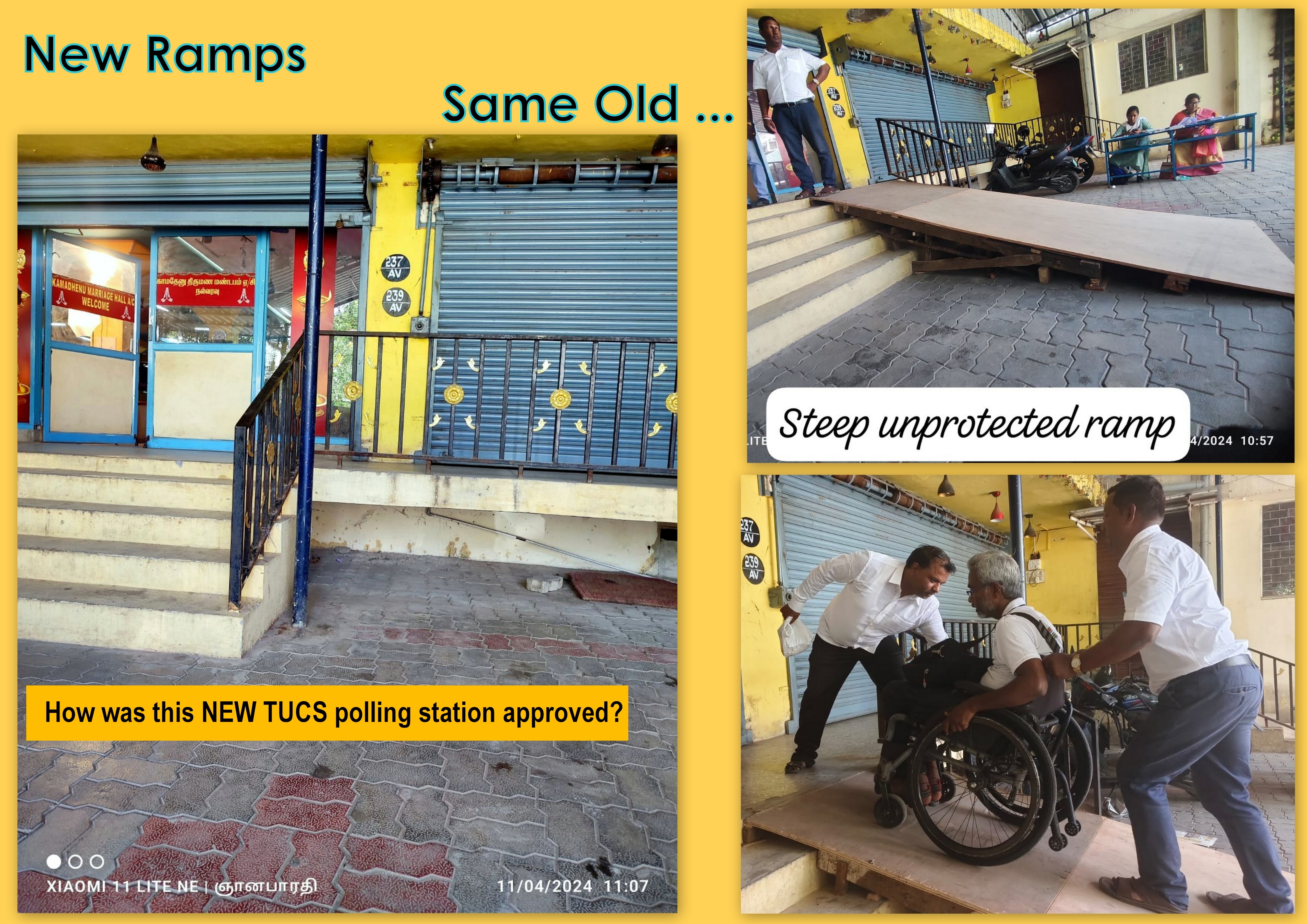
Democracy Denied
In 2024, a record number of voters worldwide will head to the polls, but many disabled individuals still face significant barriers. In India, inaccessible electronic voting machines and polling stations hinder the ability of disabled voters to cast their ballots independently. Despite legal protections and efforts to improve accessibility, systemic issues continue to prevent many from fully participating in the world’s largest democracy. “All across India, the perception of having made a place accessible,” says Vaishnavi Jayakumar of Disability Rights Alliance, “is to put a decent ramp at the entrance and some form of quasi-accessible toilet.”
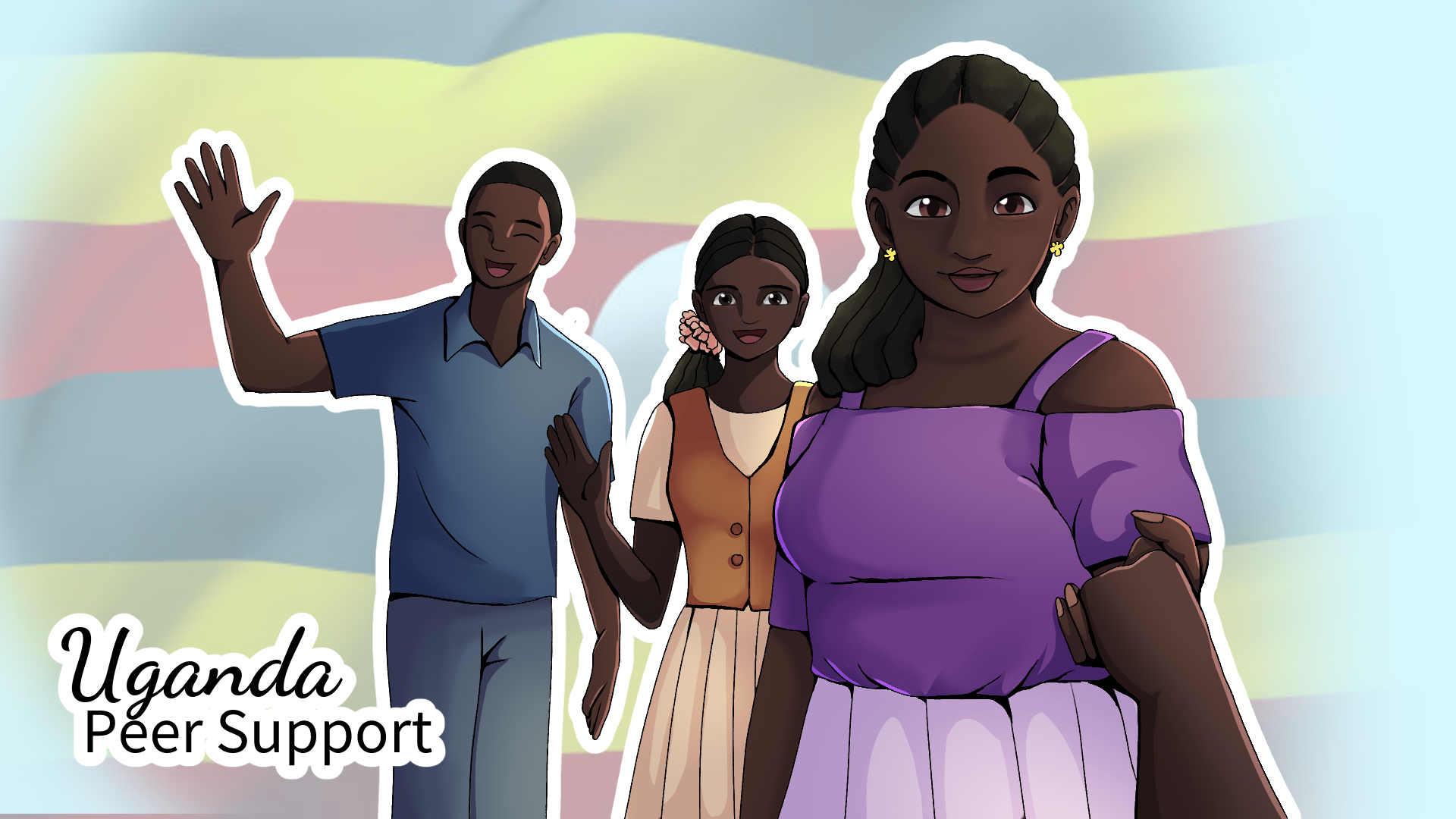
Triumph Over Despair
DJP Fellow Esther Suubi shares her journey of finding purpose in supporting others with psychosocial disabilities. She explores the transformative power of peer support and her evolution to becoming an advocate for mental health. “Whenever I see people back on their feet and thriving, they encourage me to continue supporting others so that I don’t leave anyone behind,” she says. “It is a process that is sometimes challenging, but it also helps me to learn, unlearn, and relearn new ways that I can support someone – and myself.”
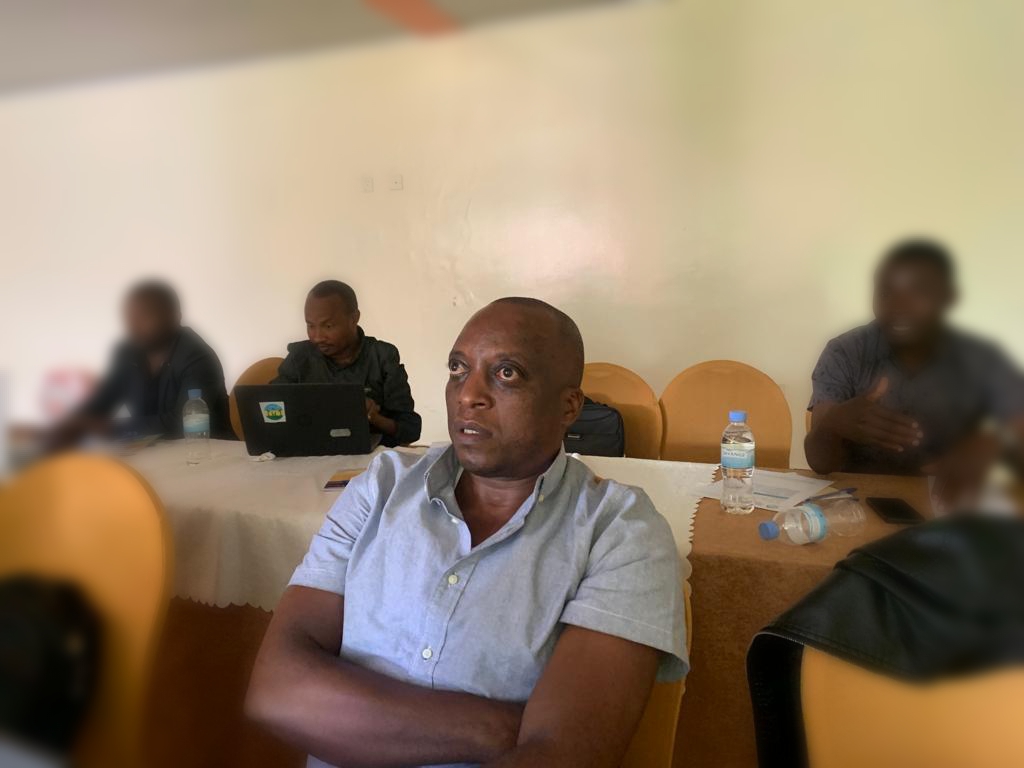
‘Our Vote Matters’
As Rwanda prepares for its presidential elections, voices like Daniel Mushimiyimana’s have a powerful message: every vote counts, including those of citizens with disabilities. Despite legal frameworks like the UN Convention on the Rights of Persons with Disabilities, challenges persist in translating these into practical, accessible voting experiences for over 446,453 Rwandans with disabilities. To cast a vote, blind people need to take a sighted relative to read the ballot. An electoral committee member must be present, violating the blind person’s voting privacy. “We want that to change in these coming elections,” says Mushimiyimana.
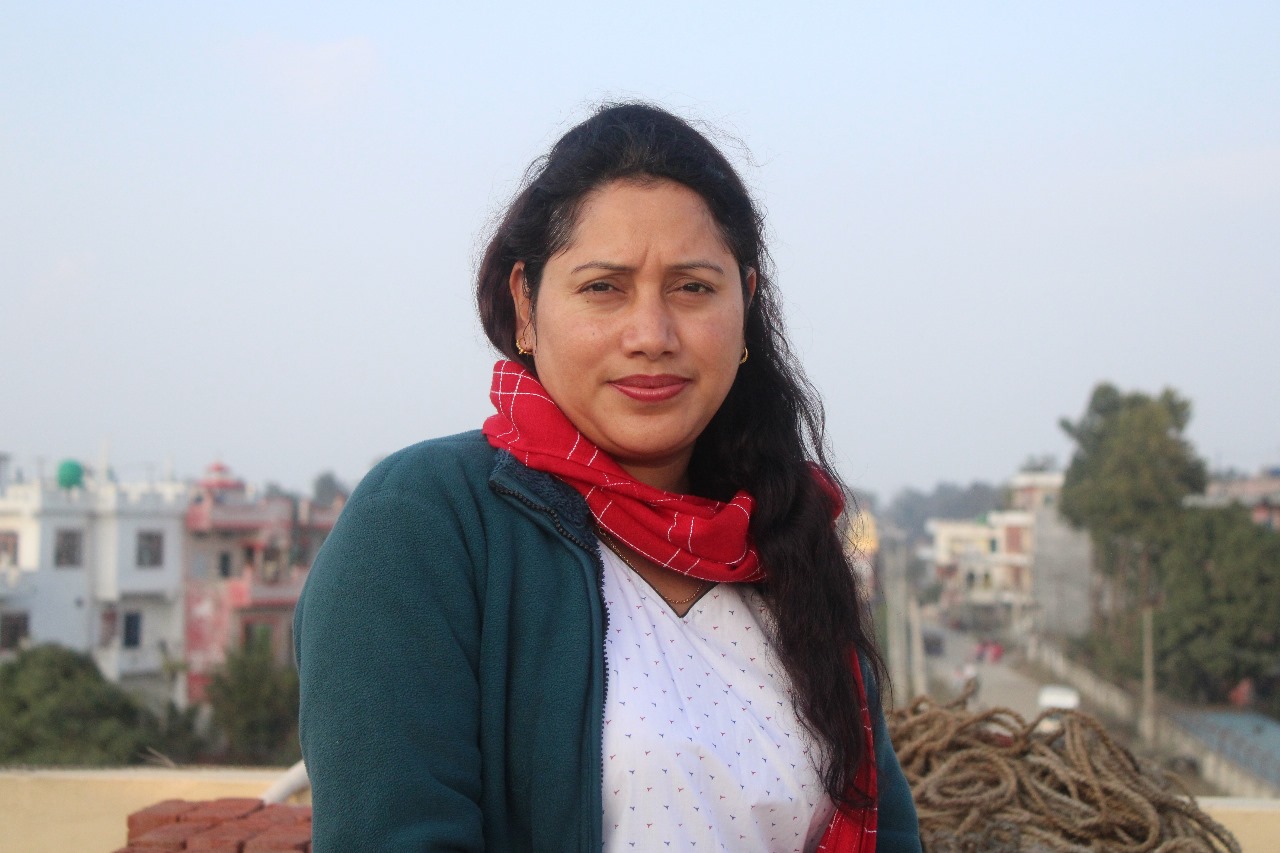
Voices Unsilenced
Often dismissed as a personal concern, mental health is a societal issue, according to Srijana KC, who works as a psychosocial counselor for the Nepali organization KOSHISH. KC’s own history includes a seizure disorder, which resulted in mental health challenges. She faced prejudice in both educational settings and the workplace, which pushed her towards becoming a street vendor to afford her medications. Now with KOSHISH, she coordinates peer support gatherings in different parts of Nepal. “It is crucial to instill hope in society, recognizing that individuals with psychosocial disabilities can significantly contribute,” she says.